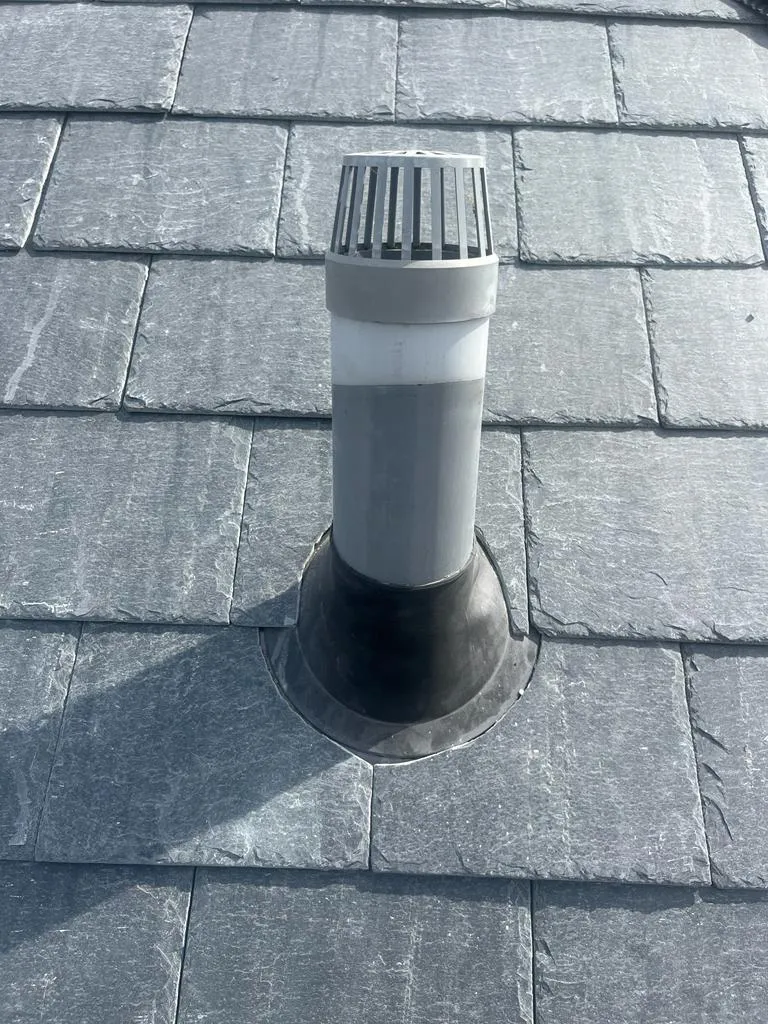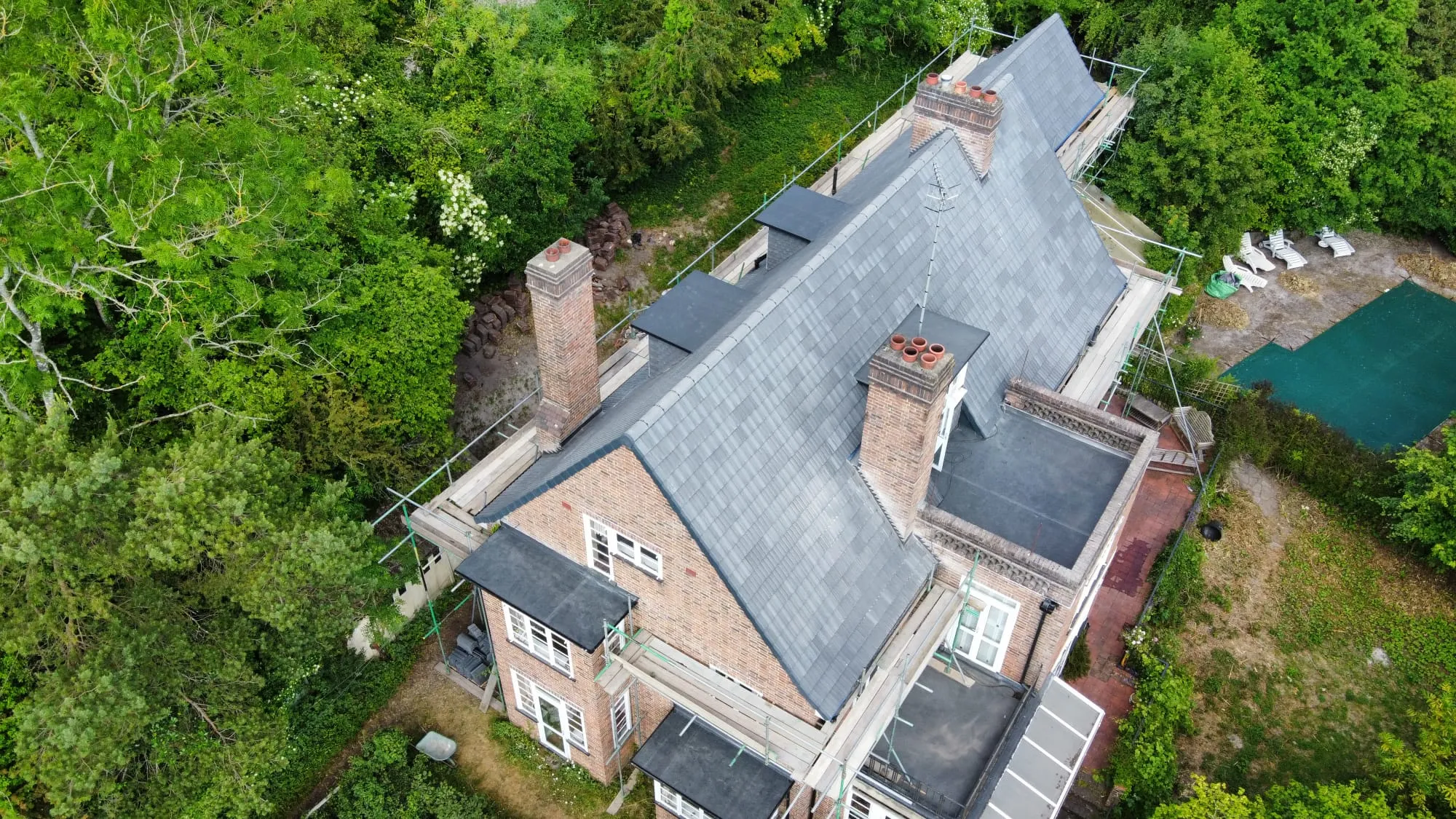Introduction
When it comes to home improvement projects, few are as significant as roof replacement. Not only does a new roof enhance the overall aesthetics of your home, but it also provides vital protection against the elements. However, one often overlooked aspect of scheduling a roof replacement is how weather conditions can impact the timeline and success of the project. This article delves into how weather affects your roof replacement schedule in Cork, offering insights that will help homeowners make informed decisions.

How Weather Affects Your Roof Replacement Schedule in Cork
Weather plays a pivotal role in determining when you should replace your roof. Certain conditions can either expedite or delay the process, and understanding these factors can save you time, money, and stress.
1. The Importance of Timing for Roof Replacement
Timing is everything when it comes to replacing your roof. You wouldn't want to start a project during peak storm season, would you? In Cork, weather patterns fluctuate throughout the year, making it crucial to pick the right window for roof replacement.
1.1 Seasonal Considerations
- Spring: Generally mild temperatures but could bring unpredictable showers. Summer: Warm weather allows for faster drying times but be wary of heat waves. Autumn: Ideal for roofing projects; however, prepare for autumn storms. Winter: Cold temperatures can lead to complications with materials and installation.
2. Types of Weather Conditions That Affect Roof Replacement
Different weather conditions each have unique impacts on roofing projects:
2.1 Rainy Days: The Enemy of Roofers
Rain can halt work completely due to safety concerns and material integrity.
- Waterlogged materials are prone to damage. Safety risks increase for workers on slippery surfaces.
2.2 High Winds: A Serious Concern
Windy days can be dangerous for any roofing project:
- Loose tiles or shingles may become airborne. Workers’ safety is compromised during strong gusts.
2.3 Snow and Ice: The Winter Challenge
Winter brings its own set of challenges:
- Snow accumulation complicates access to roofs. Ice can create hazardous working conditions.
3. Temperature Fluctuations: A Double-Edged Sword
Extreme temperatures can affect both roofing materials and installation practices.
3.1 Hot Weather Implications
In summer months, high temperatures can cause:
- Asphalt shingles to become pliable. Increased risk of burns or heat exhaustion among workers.
3.2 Cold Weather Challenges
Cold temperatures lead to:
- Brittle materials that may crack upon installation. Adhesives not setting properly due to low temps.
4. Local Climate Patterns in Cork
Understanding local climate patterns is essential when planning for a new roof.
4.1 Average Precipitation Levels
Cork experiences substantial rainfall throughout the year:
" width="560" height="315" frameborder="0" allowfullscreen>

| Month | Average Rainfall (mm) | |-------------|------------------------| | January | 95 | | February | 75 | | March | 85 | | April | 60 | | May | 65 | | June | 80 | | July | 70 | | August | 90 | | September | 85 | | October | 95 | | November | 100 | | December | 100 |
Understanding these numbers helps in selecting ideal months for roof replacements.
4.2 Wind Patterns
Cork experiences variable wind speeds; knowing this helps contractors plan accordingly:
- Typical gusts during winter months tend to reach up to 40 km/h.
5. Choosing the Right Roofing Material Based on Weather Conditions
Different materials react differently under various weather conditions:
5.1 Asphalt Shingles vs Metal Roofing
Asphalt shingles are popular but can suffer under extreme heat or cold:
- Pros: Affordable and easy to install Cons: Not as durable in harsh climates
Metal roofing performs well under various conditions but requires specific handling techniques:
- Pros: Long-lasting and resistant to wind Cons: Higher initial cost
6. Planning Your Roof Replacement Calendar
To effectively plan your roof replacement around weather considerations, follow these steps:
6.1 Consult Local Experts
Reach out to local roofing contractors who understand regional nuances.
6.2 Monitor Weather Forecasts
Stay updated with reliable weather forecasting services leading up to your planned project Surrey Roofers - Astral Roofing and Building Roof inspection Guildford dates.
FAQs About Roof Replacement in Cork
Q1: What’s the best time of year for roof replacement in Cork?
A: Autumn generally offers mild temperatures and less rainfall—ideal conditions for replacing roofs.
Q2: Can I replace my roof during winter?
A: While possible, winter poses challenges like snow accumulation and cold material handling; it's typically not recommended.
Q3: Will rain delay my roofing project?
A: Yes, rain can halt work due to safety concerns and water damage risks associated with roofing materials.
Q4: How do high winds impact roof replacement?
A: High winds pose safety risks for workers and may blow away loose materials, delaying progress significantly.
Q5: Are there any special preparations needed before starting a roof replacement?
A: Yes! You'll need to assess local weather forecasts closely and ensure that all required permits are secured ahead of time.
Q6: How long does a typical roof replacement take?
" width="560" height="315" frameborder="0" allowfullscreen>
A: Depending on size and material type, most residential roofs take about three days up to a week—but this varies with weather constraints!
Conclusion
In summary, understanding how weather affects your roof replacement schedule in Cork is critical for ensuring a smooth process from start to finish. By considering seasonal trends, local climate patterns, and specific material behaviors under varying conditions, homeowners can make informed decisions that protect both their investment and their home’s integrity. So whether you're eyeing that shiny new roof or simply contemplating repairs—take heed! The sky has its say too!